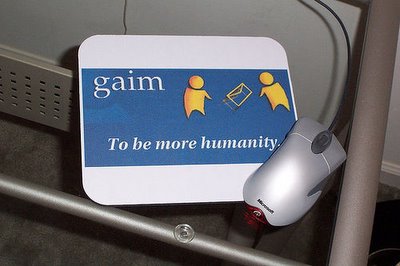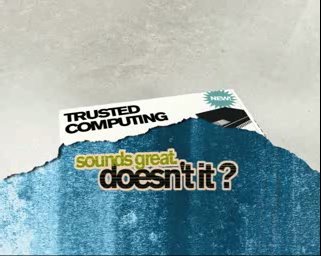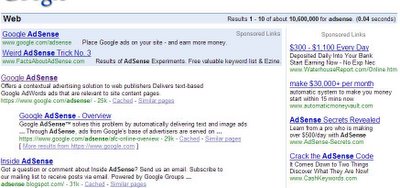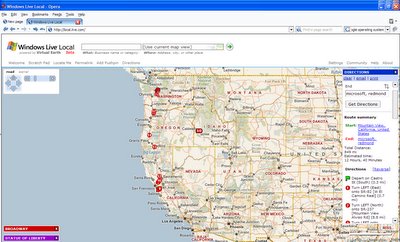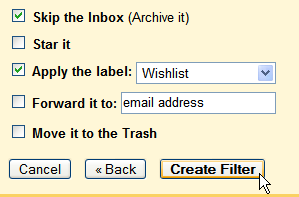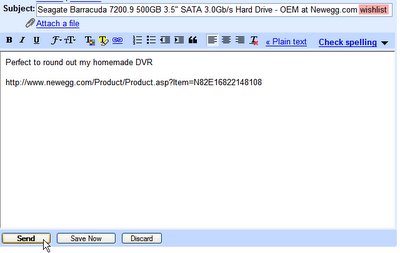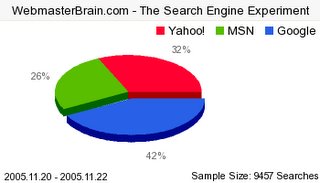It is innovation's biggest paradox: We demand more and more from the stuff in our lives--more features, more function, more power--and yet we also increasingly demand that it be easy to use. And, in an Escher-like twist, the technology that's simplest to use is also, often, the most difficult to create.
Marissa Mayer lives with that conundrum every day. As Google's director of consumer Web products, she's responsible for the search site's look and feel. Mayer is a tall, blond 30-year-old with two Stanford degrees in computer science and an infectious laugh. She's also Google's high priestess of simplicity, defending the home page against all who would clutter it up. "I'm the gatekeeper," she says cheerfully. "I have to say no to a lot of people."
The technology that powers Google's search engine is, of course, anything but simple. In a fraction of a second, the software solves an equation of more than 500 million variables to rank 8 billion Web pages by importance. But the actual experience of those fancy algorithms is something that would satisfy a Shaker: a clean, white home page, typically featuring no more than 30 lean words; a cheery, six-character, primary-colored logo; and a capacious search box. It couldn't be friendlier or easier to use.
Here is how Mayer thinks about the tension between complexity of function and simplicity of design: "Google has the functionality of a really complicated Swiss Army knife, but the home page is our way of approaching it closed. It's simple, it's elegant, you can slip it in your pocket, but it's got the great doodad when you need it. A lot of our competitors are like a Swiss Army knife open--and that can be intimidating and occasionally harmful."
It would be lovely if Google's corporate mythology included an enchanting tale to account for the birth of this pristine marvel. But the original home-page design was dumb luck. In 1998, founders Sergey Brin and Larry Page were consumed with writing code for their engine. Brin just wanted to hack together something to send queries to the back end, where the cool technology resided. Google didn't have a Web master, and Brin didn't do HTML. So he designed as little as he could get away with.
The accident became an icon, of course, and a key reason the company enjoys a commanding lead. Google's design has been mimicked on the search pages of MSN and Yahoo, whose portals are messy throwbacks to the "everything but the kitchen sink" school of Web design. But they're poor imitations; according to Hitwise, Google controls 59.2% of the search market, up from 45% a year ago; MSN's share is down to 5.5% and Yahoo's is 28.8%.
With Google's extraordinary trajectory and the stratospheric success of Apple's iPod--itself a marvel of simplicity and, with 20 million units sold, a staggering hit--we seem to be nearing a seminal moment. Whereas endless Sunday Styles stories may have failed to get its attention, the tech industry's interest is invariably galvanized by cash. If the equation T (technology) + E (ease of use) = $ can be proven, the time may be right for the voice of the technologically challenged who can't operate their remotes to be heard.
In a 2002 poll, the Consumer Electronics Association discovered that 87% of people said ease of use is the most important thing when it comes to new technologies. "Engineers say, 'Do you know how much complexity we've managed to build in here?' But consumers say, 'I don't care. It's just supposed to work!' " says Daryl Plummer, group vice president at Gartner Group.
It's often that tension--between the desire to cram in cool new features and the desire to make a product easy to use--that makes delivering on the simplicity promise so hard, particularly in companies where engineers hold sway. At Google, it's an ongoing battle. As developers come up with ever sexier services--maps! news alerts! scholarly papers!--the pressure to lard on links is fierce. Mayer holds them at bay with a smile and strict standards.
To make it to the home page, a new service needs to be so compelling that it will garner millions of page views per day. Contenders audition on the advanced-search page; if they prove their mettle--as image search did, growing from 700,000 page views daily to 2 million in two weeks--they may earn a permanent link. Few make the cut, and that's fine. Google's research shows that users remember just 7 to 10 services on rival sites. So Google offers a miserly six services on its home page. By contrast, MSN promotes more than 50, and Yahoo, over 60. And both sell advertising off their home pages; Google's is a commercial-free zone.
So why don't those sites simply hit the delete button and make their home pages more Googlesque? Hewing to the simplicity principle, it turns out, is tougher than connecting with tech support, particularly if you try it retrospectively. "Once you have a home page like our competitors'," Mayer says, "paring it back to look like Google's is impossible. You have too many stakeholders who feel they should be promoted on the home page." (MSN says more than half its customers are happy with its home page--but it's experimenting with a sleeker version called "start.com.")
Google understands that simplicity is both sacred and central to its competitive advantage. Mayer is a specialist in artificial intelligence, not design, but she hits on the secret to her home page's success: "It gives you what you want, when you want it, rather than everything you could ever want, even when you don't."
To read more, visit The Beauty of Simplicity.
Android 16 QPR3 Beta 2 takes a big leap forward
25 minutes ago


